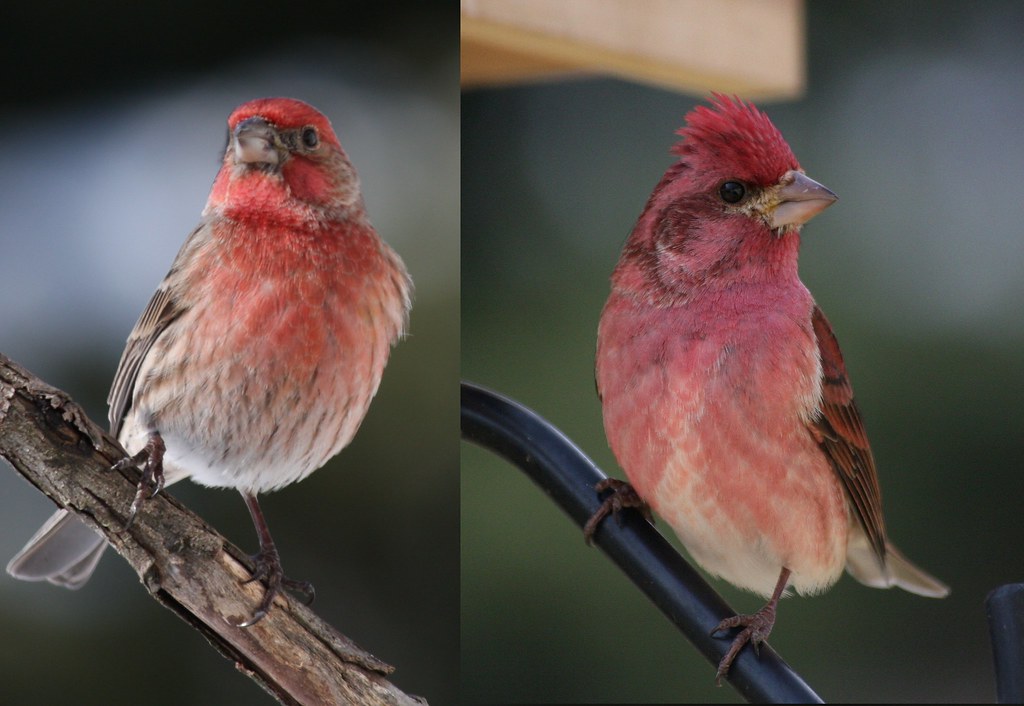

The result is neither a critique of a reactionary culture nor a defence of nuance and free thought. In order to bring about her cancellation, therefore, Barnes must distort the world in which those ideas are received. Consequently, Finch and her ideas lack force. Barnes has depended too heavily on ambiguity as a substitute for clarity. It’s here that we’re reminded of Parks’ “cloak of liberal righteousness”. Invited by the London Review of Books to give a small public lecture, Finch (who, let us recall, was “not in any way a public figure”) finds that her historical perspective on monotheism has, ludicrously, become the subject of a furious national outcry. Returning to Neil’s recollections, we learn of Finch’s public “shaming”. In his search for compelling incident, though, he finds only implausibility. With a motionless middle on his hands, Barnes works in the final third to recover some sense of momentum. In Barnes’s tripartite structure, each new section must compensate for the shortcomings of the last. As Neil labours away at one of the novel’s many undercooked and unintegrated ideas – the shortcomings of monotheism – the narrative flounders, never to recover. So it’s all the more mystifying and disappointing that, just as the novel Elizabeth Finch could have been moves tantalisingly into view, Barnes self-sabotages, devoting the book’s entire middle section to Neil’s stolid student essay on Julian the Apostate, the “Roman emperor who never set foot in Rome”, known for his “persecution by methods of mildness”. Freed from the narrative responsibility of investing Finch with energy, meanwhile, Neil softens, expands, and becomes a fuller figure in his own right.īarnes is in his element here – investigating with subtlety and gentleness the quiet mysteries that make up a life. The fragmentary, elusive portrait of Finch that emerges feels far more intimate and interesting than the one glimpsed through Neil’s coursing admiration. Bequeathed Finch’s journals, Neil becomes a historian of his history teacher. Barnes, it seems, senses this: 44 pages in, he cuts his losses and kills Finch off – a move which, tellingly, brings the novel to life. “If she taught us one thing,” says Neil, further diluting the thin gruel of Finch’s thought, “it was that history is for the long haul.”įinch’s studiously bien-pensant truisms, coupled with Barnes’s via negativa characterisation, leave the novel in search of a centre. And love, would you believe, is “all there is … the only thing that matters”. Anarchism has a certain intellectual appeal but “realistically, it would never work”. “Failure can tell us more than success.” “Insults most often occur when an argument is being lost.” Voting is a “civic duty”. Acting is “the perfect example of artificiality producing authenticity”. A quick scan of her aphoristic wisdom, however, suggests that she did so exclusively by stating the obvious. According to Neil, she “directed us elegantly away from the obvious”.

The reader feels distanced from Finch the novel feels distanced from its subject.įinch’s impact, then, must come from the work to which the novel forms a tribute: her teaching.


Hoping to make a virtue of her absence, Barnes lays down a fog of negation. This is ambiguity not as subtlety, but avoidance: Finch simply isn’t there. Sounds a bit mysterious, doesn’t she? But no: she “had no ‘mysteriousness’ about her” either. She “wasn’t interested in football or celebrity chefs or the ever-changing dictates of fashion, or box sets or gossip”, but “she wasn’t in any way a snob” either. She never waved her arms about or supported her chin in her hand.” She was “not in any way a public figure”. “She had none of those lecturer’s tics and tricks designed to charm, distract, or indicate character. Finch, we’re told, “didn’t smoke like anyone else”. But that’s just the start of what she doesn’t do. “She commanded attention,” says Neil, spelling it out, “by her stillness.” As Neil labours at one of the novel’s many undercooked and unintegrated ideas the narrative flounders, never to recover By page six she’s “preternaturally still”. In the first paragraph, Finch is “still”. Straining to burnish Finch’s aura, he deploys, then redeploys, a reliable novelistic cliche – charisma through immobility. If Finch and her teaching fall short, our faith in the novel will falter. 26-34, 43-51.There’s a sense of daring in depicting the impact of an inspirational teacher. Clinical Anatomy and Physiology of Exotic Species. Clinical Avian Medicine and Surgery, Appendix 4, Philadelphia W.B. “All About Finches.” World of Exotic Pet Birds.


 0 kommentar(er)
0 kommentar(er)
